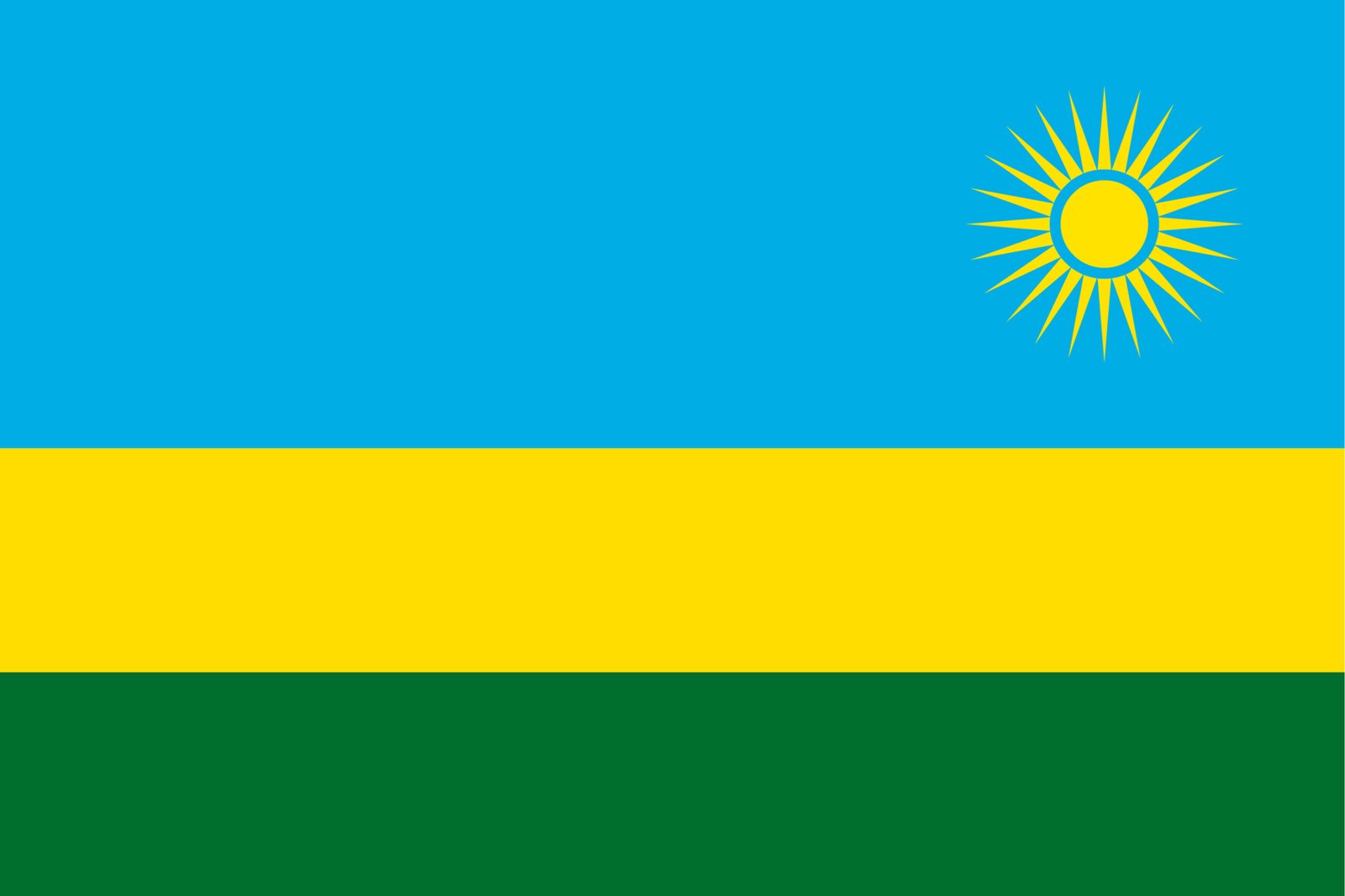Exploring the Unique Bouquet of Flavors in the Heart of East Africa
Rwandan coffee has emerged as a rising star in the global coffee scene, celebrated for its unique flavor profiles, commitment to sustainability, and the transformative impact of the coffee industry on the nation’s socio-economic landscape. Nestled in the heart of East Africa, Rwanda’s coffee journey has been marked by resilience, innovation, and a dedication to producing high-quality beans that stand out on the world stage.
Rwanda’s coffee story is deeply intertwined with its history, particularly the recovery and rebuilding efforts following the tragic 1994 genocide. In the aftermath of this devastating event, the Rwandan government, alongside international organizations and coffee stakeholders, recognized the potential of the coffee sector to contribute to economic recovery and social cohesion.
One of the standout features of Rwandan coffee is its distinctive cup profile. Coffees from regions such as the Western and Northern provinces, including areas like Nyamasheke and Gakenke, are known for their bright acidity, medium to full body, and a complex flavor spectrum that often includes notes of citrus, florals, and a wine-like richness. The combination of high altitudes, volcanic soils, and specific arabica varieties like Bourbon contributes to the unique terroir that defines Rwandan coffee.
In the pursuit of quality and recognition, Rwandan coffee has embraced specialty coffee practices. The washing station model, where smallholder farmers deliver their cherries to centralized processing facilities, has been pivotal in ensuring meticulous processing and quality control. This approach has led to the production of exceptional lots, earning Rwandan coffee a place on the global specialty coffee stage.
Sustainability is a cornerstone of Rwanda’s coffee industry. The nation has prioritized environmentally friendly practices, including agroforestry and organic farming, to preserve the delicate ecosystems that support coffee cultivation. Additionally, initiatives like the Sustainable Coffee Program and Fair Trade certification have been embraced to promote ethical sourcing, fair wages, and community development.
Rwanda’s coffee industry has undergone a remarkable transformation, empowering smallholder farmers and creating a sense of ownership and pride in their contributions. Through programs like the Coffee Initiative, led by the nonprofit organization TechnoServe, farmers have gained access to training, resources, and market linkages, enhancing their capacity to produce high-quality coffee and improve livelihoods.
The international recognition of Rwandan coffee is evident in the market demand for terms like “Rwandan single origin” and “specialty Rwandan coffee.” Coffee enthusiasts seek out these beans not only for their exceptional taste but also for the impactful stories they carry—the stories of resilience, progress, and community-building.
Rwandan coffee has become a symbol of hope and progress, illustrating the potential of the coffee industry to drive positive change. As consumers around the world savor the flavors of Rwandan coffee, they become part of a larger narrative—one that transcends borders and connects people through the shared enjoyment of a cup that represents the resilience and potential of a nation.
Tags: coffee growers, Rwanda

